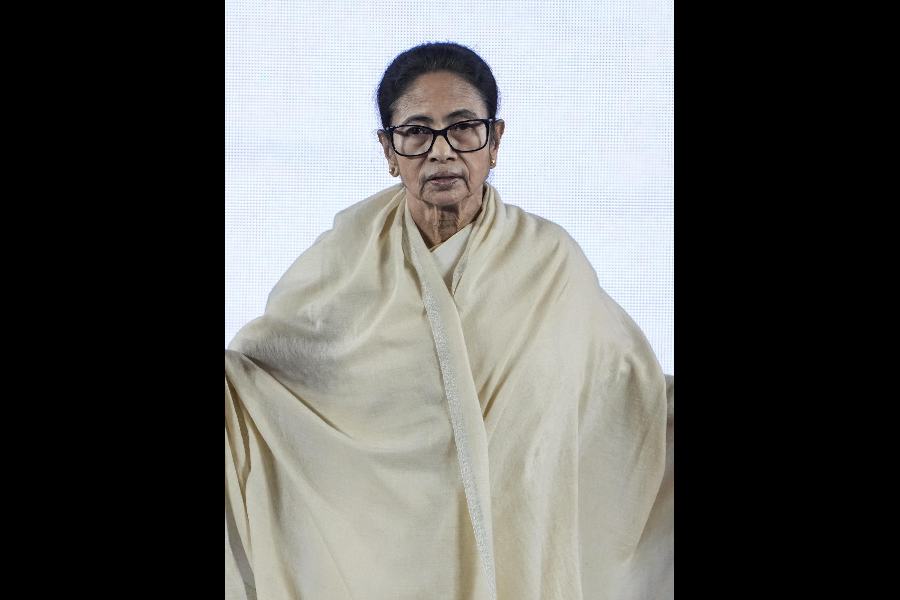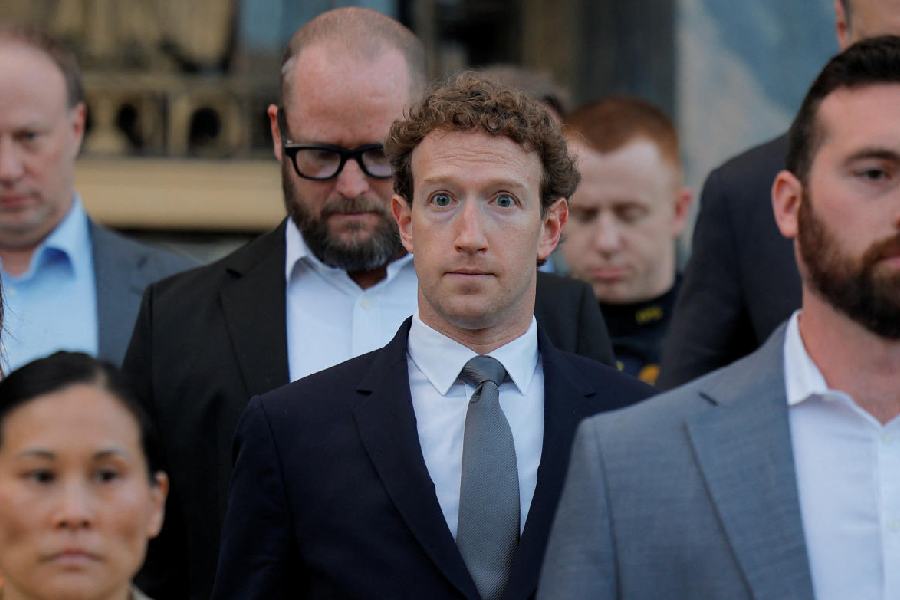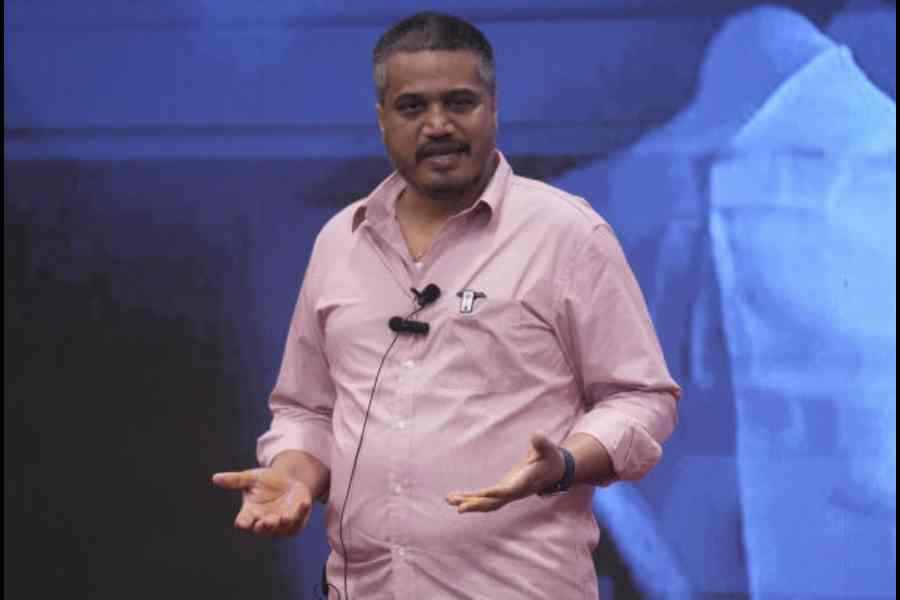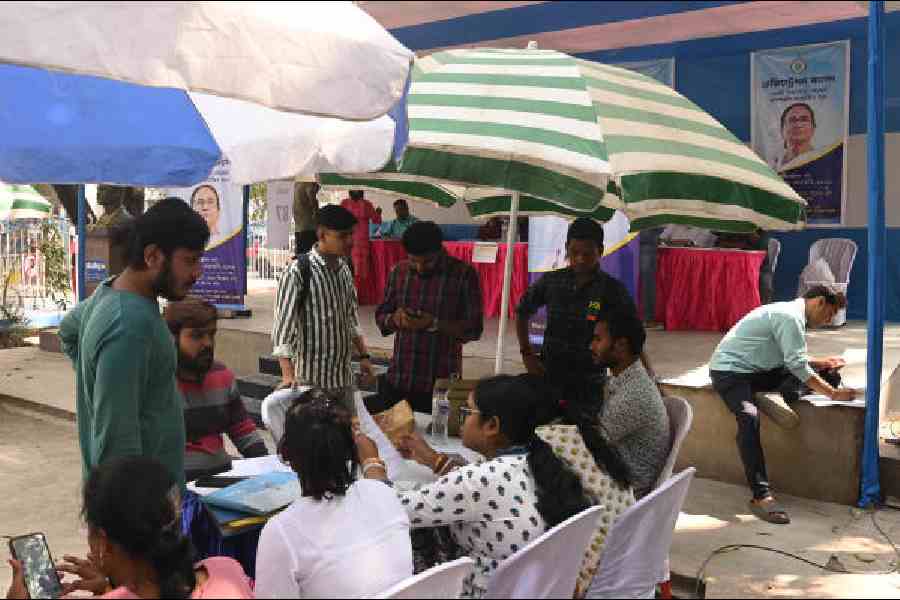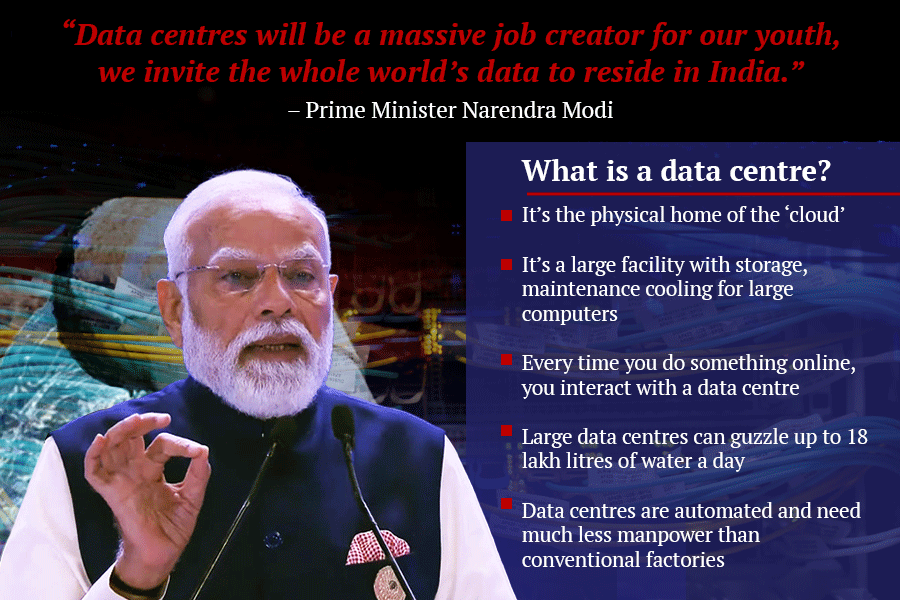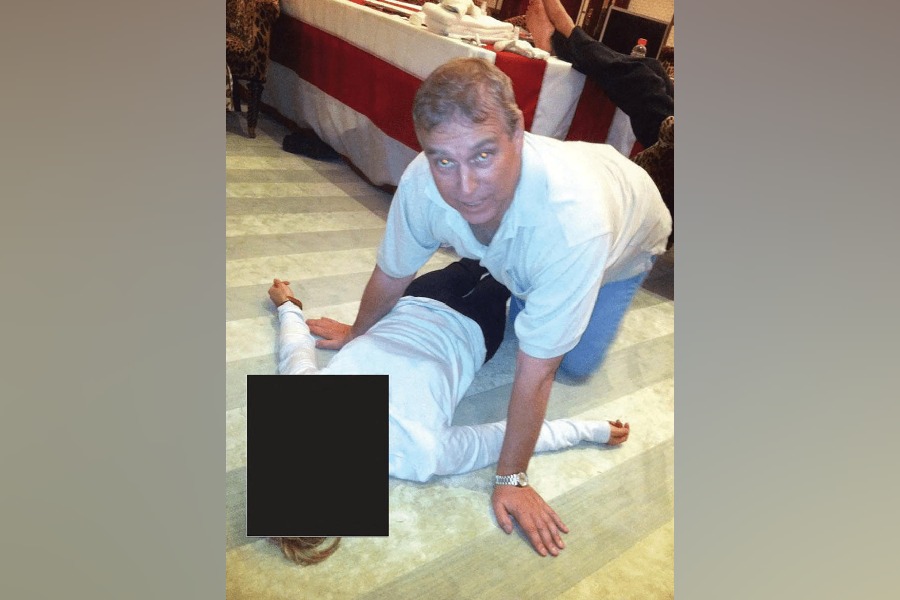Rafael Correa’s choice of election campaign gear is like the man himself: attention-grabbing, unashamedly confident and zany.
The bright neon green shirts and windcheaters with “Correa Presidente” emblazoned in dark blue can stop traffic — and did so quite often in various parts of Ecuador in the run-up to a spectacularly successful campaign that has helped him to remain in the Carondelet presidential palace in Quito for a third term.
That’s unprecedented in a country that’s been notorious for kicking out duly elected Presidents for a variety of reasons long before they were half-way into their term.
Correa, 49, a former economics professor — he has a PhD from the University of Illinois in the US — has stunned his legion of critics with a shrewd mixture of policies that has increased government spending and socialist subsidies and turned around a tiny and far from prosperous country into one that matters in Latin America.
Since 2007 when he first came to power, poverty rates have been sliced by nearly 9 per cent to 29 per cent (according to the World Bank figures) and he has convinced his people that he is, indeed, engineering a “Citizen’s Revolution” that will establish the “pre-eminence of human beings over capital”.
Such rhetoric appears to have gone down well with Ecuadorians who have in recent years seen such extravagant claims translate into welfare measures that have improved their lives. In the weeks preceding the February 17 poll, it was fairly obvious that Correa and his Alianza Pais party were heading for a clear victory.
Restaurant worker Estafania said her vote would go to the “first President who cared about the poor”. The 20-year-old from a nearby province who had come to the capital Quito for better work opportunities said: “I get a better salary now because the minimum wage was last month (December 2012) increased to $318 a month and because I have some experience.”
The minimum wage has risen gradually over the past six years and Correa has promised that it will eventually reach a “dignified salary” of $368 a month that would take care of all the basics. The current minimum wage is already ahead of the inflation rate.
Besides, some of Estafania’s relatives receive cash transfers of $50 a month, up from $15 when Correa first took office in 2007. Close to 2 million of the country’s 14.7-million population gets this dole. There is subsidised schooling and better healthcare as the government moves to widen the social security net.
One cannot but be curious about Ecuador which is the smallest member of Opec with production of just over half a million barrels of oil daily which provide around 60 per cent of its revenues.
Wherever one goes, whether it’s the coastal area which includes the country’s largest city of Guayaquil, the Andean region, the Amazonas or most of all Quito, the poor are present everywhere. But it’s not the bruising, dehumanising poverty one sees in India because, for one, they are less visible in a country that has a total population that’s less than the number of people in Greater Mumbai.
The poor of Ecuador are invariably the native communities who stand out in their striking traditional attire complete with gold chains and a Fedora. So one finds in them in the old quarter of Quito which is popular with tourists, and on street corners elsewhere, where they sit hawking small bowls of fresh produce or little packets of snacks.
There are people asking for handouts, mostly women with babies, and sometimes a busker or two. If one strays into the hillside slums of Guayaquil, the country’s largest town where Correa was born, the mood can be ominously sullen. It is the people here who see Correa as their hope unlike the rich who are now being forced to pay taxes.
The class divide is unmistakable. The well-to-do of Ecuador distrust the socialist programmes of Correa who is a close ally of Hugo Chavez of Venezuela, the bête noire of the western world. “Chavez is too sick and Correa wants to take over from him,” said a German-born entrepreneur in Guayaquil who admits, however, that the Ecuadorian leader “is not as radical as the crazy Chavez”.
There is a grudging admission that Correa, for all his earlier run-ins with the US and western financial institutions –in 2008 Ecuador defaulted on $3.2 billion of sovereign debt – is shrewd on finances.
While the polemical economist played to the gallery by declaring that the debts were the result of the corrupt deals of previous administrations and investment bankers who were intent on “their juicy commissions”, Correa was successful in renegotiating the buyback of bonds at 35 per cent of face value. That helped the nation save hundreds of millions in interest payments.
He has been equally successful in getting oil companies to part with a larger share of the revenues. Those that did not do so, such as Brazil’s Petrobras, have been forced to leave.
Ultimately, it did not matter that Correa is seen as undemocratic. He is accused of being autocratic and undermining the power of the legislature, a powerful President who jails dissenters at the slightest excuse. He is portrayed as an enemy of free speech because of his tendency to slap million-dollar libel suits on newspapers that are critical of him.
As the results show, it did it did not matter either that he had cut to size the power of the Church in a country with a hoary Roman Catholic past, nor that he has prosecuted people opposed to the opening of the country to oil prospecting and copper mining. In fact, graffiti in Guayaquil proclaims support for Correa as a champion of free speech by giving refuge to hunted WikiLeaks founder Julian Assange in the Ecuadorian embassy in London!
Despite Correa’s image as an autocrat, his closest rival, former banker Guillermo Lasso, was fighting a losing battle from the start. He is associated with the banking collapse of 1999-2000 when the government of the day switched to the US dollar for their currency.
Pablo Salas, a marine captain, who lost all his savings – he is part of the elite of Ecuador — in the crash of 2000, said before the results were out: “Correa will win because he is the best bet for a small country like ours. You may not like his ways but no one can deny what he has done for the economy.”
What Correa has done is to provide a generous fiscal stimulus three years ago, soon after the 2008 downturn, much of it going into construction and expansion of housing credit. Infrastructure investment, especially in road works, has been a powerful selling point for his government. It is the reason why someone like Diego, our taxi driver who takes us from Quito to Cotopaxi, the world’s highest active volcano, voted for Correa.
The six-lane Pan American Highway makes the 75km drive a dream run and it is not surprising that the tourism industry, for one, is rooting for Correa.
The President, too, has benefited greatly from the good road infrastructure: it has helped him reach people in practically every part of the country. In one publicity film, the dynamic Correa was shown changing his natty suit – he favours embroidered shirts with a Nehru collar – for biking gear and meeting people in the Andes at altitudes of 14,000 feet and more.
At the domestic airport in Quito a couple of weeks ago, it was clear that Correa was a front-runner in the race for the presidency. There is a sudden stir in the departure lounge as passengers wait for their flights. It is Correa himself in that hard-to-ignore neon green who is causing the commotion as people mill around him. The tanned, ruggedly good-looking Correa exudes the confidence of a consummate politician as he turns from his supporters to greet this writer.
When I tell him I am from India, he asks: “Which part?” Delhi, I reply, and ask how his campaign is going. “Very well,” he beams as he gestures to the people around him.
And “what do you do?” I am a journalist, I reply, and also tell him that I have written about him some years ago. There is a warm hug and much laughter as photos are taken. But soon after the President leaves for his flight to Guayaquil, a smart young aide returns.
The President, it turns out, wants to know what it is that I have written about him and if I intend to write anything afresh. Popular as he is, Rafael Correa, it appears, does care about his image.





